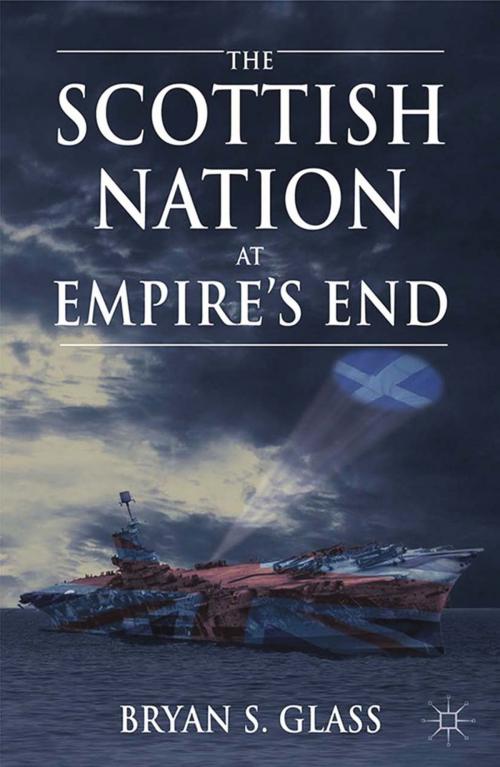| Author: | B. Glass | ISBN: | 9781137427304 |
| Publisher: | Palgrave Macmillan UK | Publication: | June 2, 2014 |
| Imprint: | Palgrave Macmillan | Language: | English |
| Author: | B. Glass |
| ISBN: | 9781137427304 |
| Publisher: | Palgrave Macmillan UK |
| Publication: | June 2, 2014 |
| Imprint: | Palgrave Macmillan |
| Language: | English |
The rise and fall of the British Empire profoundly shaped the history of modern Scotland and the identity of its people. From the Act of Union in 1707 to the dramatic fall of the British Empire following the Second World War, Scotland's involvement in commerce, missionary activity, cultural dissemination, emigration, and political action could not be dissociated from British overseas endeavours. In fact, Scottish national pride and identity were closely associated with the benefits bestowed on this small nation through its access to the British Empire. By examining the opinions of Scots towards the empire from numerous professional and personal backgrounds, Scotland emerges as a nation inextricably linked to the British Empire. Whether Scots categorized themselves as proponents, opponents, or victims of empire, one conclusion is clear: they maintained an abiding interest in the empire even as it rapidly disintegrated during the twenty-year period following the Second World War. In turn, the end of the British Empire coincided with the rise of Scottish nationalism and calls for Scotland to extricate itself from the Union. Decolonization had a major impact on Scottish political consciousness in the years that followed 1965, and the implications for the sustainability of the British state are still unfolding today.
The rise and fall of the British Empire profoundly shaped the history of modern Scotland and the identity of its people. From the Act of Union in 1707 to the dramatic fall of the British Empire following the Second World War, Scotland's involvement in commerce, missionary activity, cultural dissemination, emigration, and political action could not be dissociated from British overseas endeavours. In fact, Scottish national pride and identity were closely associated with the benefits bestowed on this small nation through its access to the British Empire. By examining the opinions of Scots towards the empire from numerous professional and personal backgrounds, Scotland emerges as a nation inextricably linked to the British Empire. Whether Scots categorized themselves as proponents, opponents, or victims of empire, one conclusion is clear: they maintained an abiding interest in the empire even as it rapidly disintegrated during the twenty-year period following the Second World War. In turn, the end of the British Empire coincided with the rise of Scottish nationalism and calls for Scotland to extricate itself from the Union. Decolonization had a major impact on Scottish political consciousness in the years that followed 1965, and the implications for the sustainability of the British state are still unfolding today.















